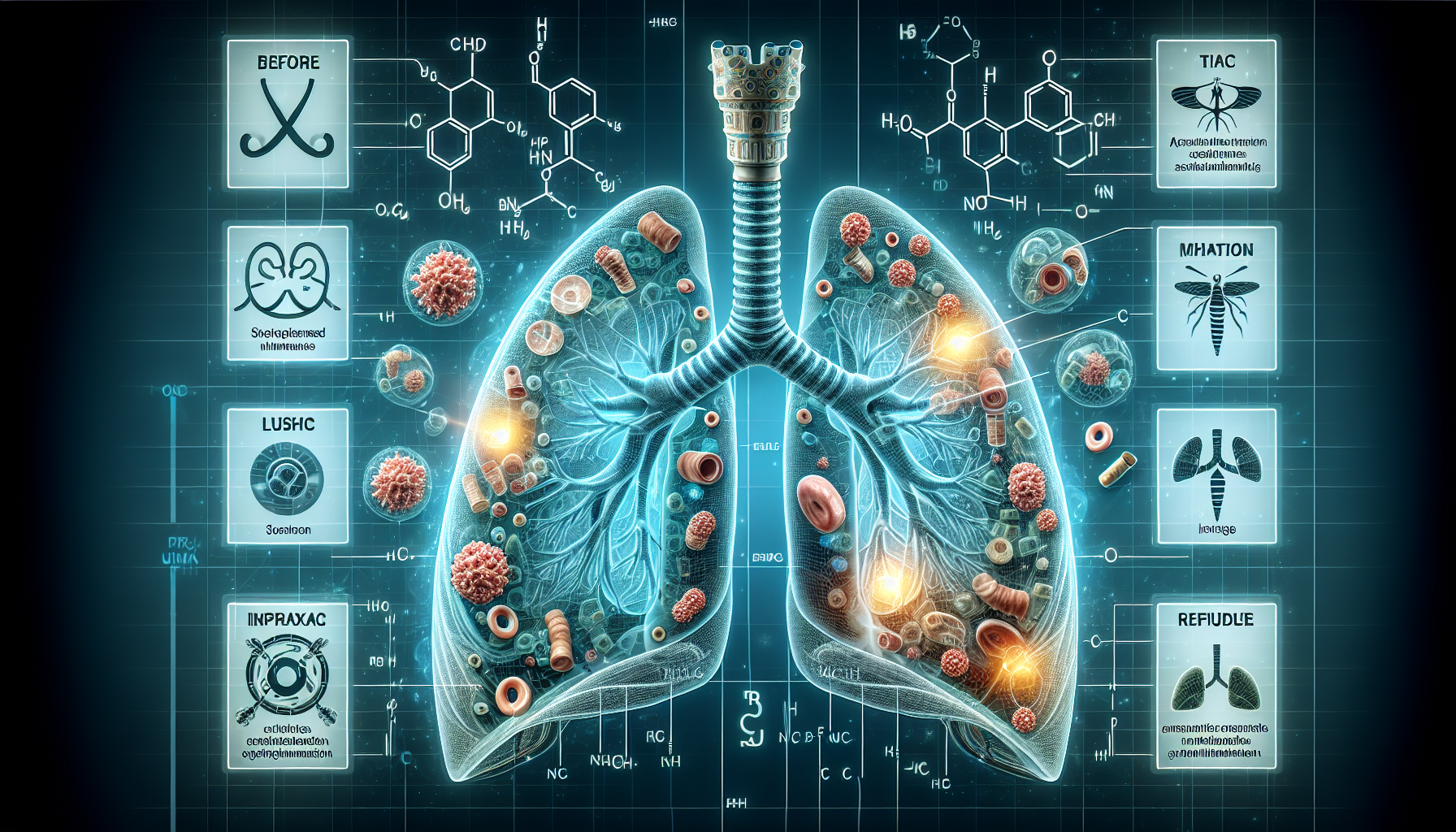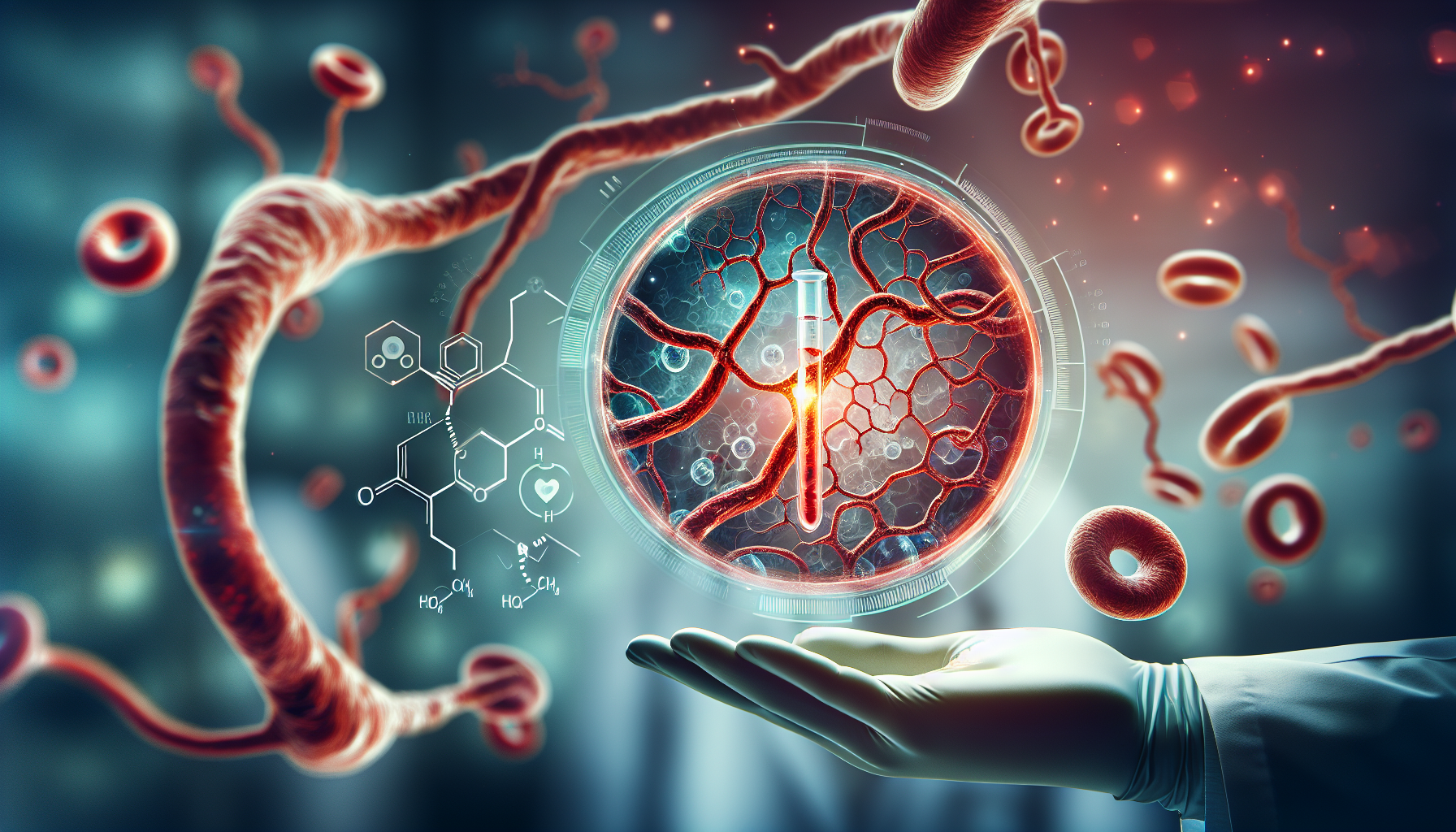Gene Therapy Shows Hope for Cystic Fibrosis Patients in Clinical Trials
Key Takeaways
- 4D-710 shows promise in treating cystic fibrosis by delivering functional CFTR genes.
- The Phase 1/2 AEROW trial demonstrated positive interim safety and efficacy data.
- 4D-710 could be a new treatment option for CF patients not responsive to current therapies.
Did You Know?
Introduction to Cystic Fibrosis and 4D-710
Cystic fibrosis (CF) is a genetic disorder that affects the lungs and other organs, leading to severe respiratory issues. The disease is caused by mutations in the CFTR gene, which leads to the production of thick, sticky mucus that can clog the airways and cause persistent lung infections.
4D Molecular Therapeutics (4DMT) is a company focused on developing genetic medicines to treat major diseases. One of their promising developments is 4D-710, an aerosolized gene therapy designed to treat CF lung disease, especially in patients who do not respond to existing therapies.
Exciting Interim Data from AEROW Clinical Trial
Recent interim data from a Phase 1/2 clinical trial named AEROW has shown promising results for 4D-710. This trial is focused on delivering the gene therapy through aerosolized administration to adults with CF lung disease. The data was presented at the 47th European Cystic Fibrosis Conference in Glasgow, UK.
According to Dr. Jennifer L. Taylor-Cousar, one of the lead investigators, the trial showed widespread expression of the CFTR protein in airway cells among participants who received the therapy. This indicates that 4D-710 has the potential to become the first effective treatment for CF patients who are not suited for current medications.
Safety and Initial Efficacy
The interim results from the AEROW trial also highlighted the favorable safety profile of 4D-710. No significant adverse effects were reported, which is crucial for advancing the therapy to the next stage of clinical development.
Additionally, the trial showed initial clinical activity, suggesting that 4D-710 could help improve lung function in CF patients. This is particularly encouraging for those who do not benefit from existing CFTR modulator therapies.
Next Steps for 4D-710
Based on these promising results, 4D Molecular Therapeutics plans to move forward with the Phase 2 Dose Expansion stage. This next phase will further evaluate the clinical activity of 4D-710 in participants with mild to moderate lung function impairment.
The company aims to confirm the safety and effectiveness of the therapy at different dosage levels, with the ultimate goal of bringing a new treatment option to CF patients who desperately need it.
Broader Implications of 4D-710
The success of 4D-710 is not only significant for CF but also highlights the potential of 4DMT's platform for developing gene therapies for other lung diseases. For instance, the same technology could be applied to treat conditions like alpha-1 antitrypsin deficiency lung disease, which is another major area of interest for the company.
The platform, known as Therapeutic Vector Evolution, employs advanced techniques to create customized vectors that can efficiently deliver genetic material to targeted cells, making it a versatile tool in genetic medicine.
What is Cystic Fibrosis?
To fully appreciate the impact of this development, it's essential to understand what cystic fibrosis entails. CF is an inherited condition that primarily affects the lungs and digestive system. According to the Cystic Fibrosis Foundation, it affects nearly 40,000 people in the United States alone, with thousands more worldwide.
CF results from mutations in the CFTR gene, leading to the production of thick mucus that obstructs airways, making it difficult for patients to breathe and frequently resulting in serious infections.
The Role of 4D-710 in CF Treatment
4D-710 aims to address the root cause of CF by delivering a functional copy of the CFTR gene directly to the lungs. This gene therapy uses an advanced AAV vector, named A101, designed to target lung airway epithelial cells specifically.
The therapy is currently being developed to benefit about 35% of CF patients who either have CFTR mutations that make them ineligible for modulator treatments or who do not tolerate such treatments well.
Regulatory Designations and Future Prospects
4D-710 has received Rare Pediatric Disease Designation and Orphan Drug Designation from the U.S. Food and Drug Administration (FDA), which could expedite its path to market.
The positive interim data from the AEROW trial is a pivotal milestone. It supports the potential of 4D-710 as a groundbreaking treatment for CF, opening new doors for gene therapy applications in other pulmonary conditions.
References
- Cystic Fibrosis Foundationhttps://www.cff.org/Research/Researcher-Resources/Clinical-Research/The-Research-Process/Drug-Development-Pipeline/4D-710
- 4D Molecular Therapeuticshttps://4dmoleculartherapeutics.com/pipeline/#posters-and-publications
- European Cystic Fibrosis Conferencehttps://ecfs.eu/events/ecfs-conference-2024






